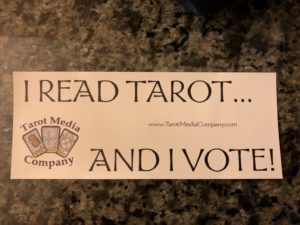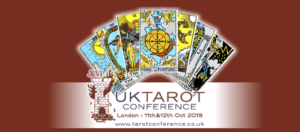“The test of faith is whether I can make space for difference. Can I recognize God’s image in someone who is not in my image, whose language, faith, ideals, are different from mine? If I cannot, then I have made God in my image instead of allowing him to remake me in his.” ~ Rabbi Lord Jonathan Sacks
While the quote is from a Rabbi, it applies to all of us who claim a belief in Deity, regardless of which path we follow. Here in the U.S., it is easy to find examples of this in far too many of our public officials, who profess some form of Christian faith, and then act in ways and enact laws that directly contravene the teachings of Jesus so completely that He would drive them out of their offices with a whip were He to manifest in physical form today.
But let us not focus solely on the mote in their eyes, when we have boards of our own to contend with. In the Northern Traditions community, do we not have our own problems with those who claim to be followers of the Norse Gods, and use that alleged faith to engage in acts of hate based on their personal biases? As recently as Friday, January 25, 2019 (two days ago, as of this writing), two white males who are members of a group calling themselves “The Wolves of Odin” were harassing people at a mosque in Edmonton, Alberta, Canada. The mosque staff had to call the police to have the men removed. The men claimed they were there “just to ask questions”, but one of them was wearing a toque with the Arabic word for “infidel” on it—it’s difficult to believe they were there in a peaceful attempt to gain cultural understanding.
But our prejudices don’t have to take such extreme forms to be problems. It’s often a more subtle manifestation— a fleeting thought of “what is that person doing leading this ritual?’ or “I wouldn’t have expected someone like that to be interested in what we are doing”.
That person is somehow different from us, and we question their presence in our space. Perhaps not for a reason as obvious as race or gender, but more subtle things, such as judging/rejecting on the basis of body type or appearance, or questioning someone’s intelligence based on the way they speak—both so incredibly common in our culture, and a form of judgment that is so ingrained that we often aren’t aware of it.
What brings that person into the space (which is not our personal space, but the shared Our space of ritual, blot, ceremony, etc.) is the same reason we are in the space—a devotion to our particular God(s), a commitment to serve our God(s), and a desire to celebrate our devotion with others in a meaningful and respectful way.
I have been to events where newcomers were greeted and made part of the gathering, and events where none of the regular members could be bothered to say “hello”, much less properly welcome those were were not already part of their group. For some groups, inclusivity means “all are welcome”; for others, inclusivity means “we will include you if you are already one of us”.
I know which type of group I prefer to be involved with, and which kind of person I prefer to be. I still have a lot of work to do around judging people (this blog post I wrote last summer is still applicable), and I’m pretty sure I’m not the only one.
Becoming aware is the beginning of change; acting on that awareness is required to complete the change.
Once we know better, we can do better.
May our Gods bless us with the wisdom to be aware, and the strength to take action.



